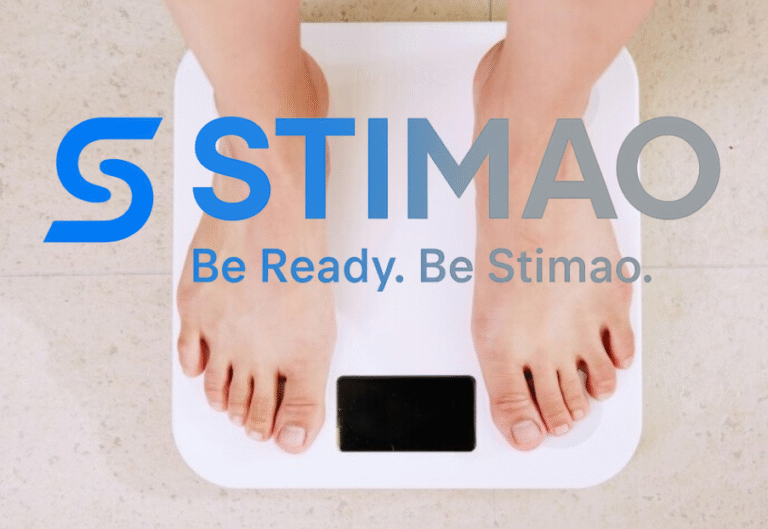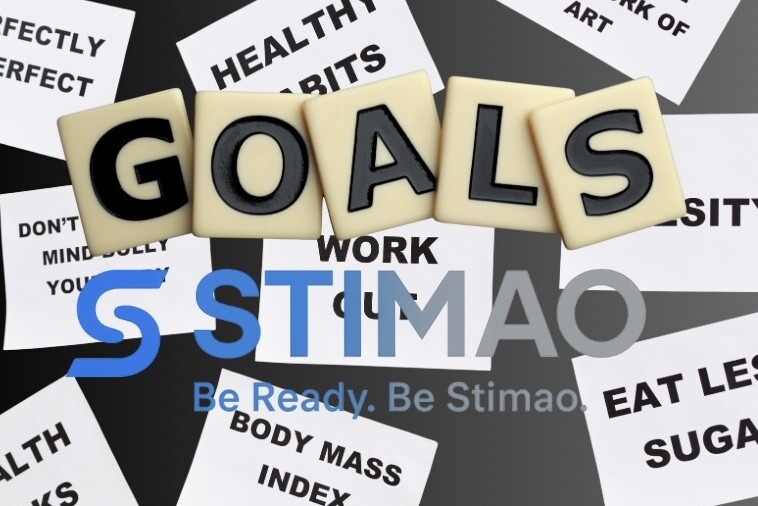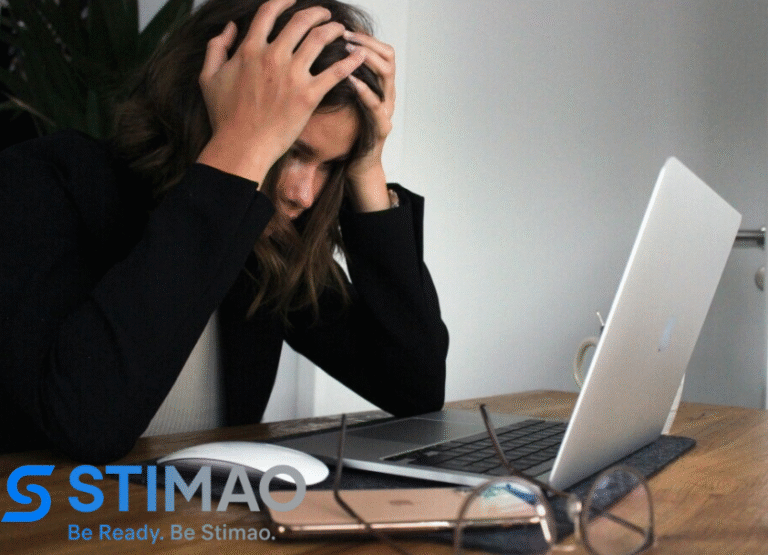
Ever wonder why those late-night snacks seem more tempting when you’re burning the midnight oil? It turns out, there’s a real science behind how your sleep—or lack of it—can mess with your waistline.
Meet ghrelin and leptin, your body’s key hunger hormones. Think of ghrelin as the little gremlin that tells you to eat more, while leptin signals when you’re full. Sleep deprivation sends ghrelin levels soaring and leptin sprinting for the hills, making your stomach rumble even when you’ve had enough.
But that’s not the whole picture. Skimping on sleep doesn’t just make you feel hungrier; it messes with how your body burns calories and stores fat too. Your metabolic rate takes a nosedive, while your body starts stashing away fat faster than you can say ‘midnight pizza’.
Good sleep isn’t just about keeping your chin off the desk at work. The way you sleep can change how much energy you’ve got for your day. Poor-quality snooze means you’re likely to grab the quickest, often unhealthiest, snack on the go. Plus, if you’re dragging your feet, hitting the gym moves way down on your priority list.
Sleep isn’t just an ‘I need my beauty rest’ kind of thing. Studies have shown that people getting less than seven hours of shuteye are way more likely to pack on the pounds. In research comparing sleep patterns across different folks, those consistently hitting the hay had better BMI scores.
Let’s talk solutions. Improving your sleep hygiene can radically change the game. Think comfy mattresses, cooler room temps, and shunning blue light before bed. Even small changes can make a big difference.
So, the next time you’re tempted to scroll or binge-watch late into the night, remember that a few Zs might be the best friend your waistline needs!







